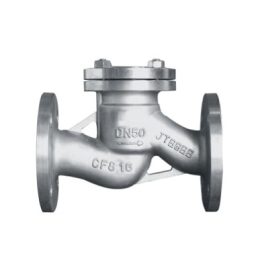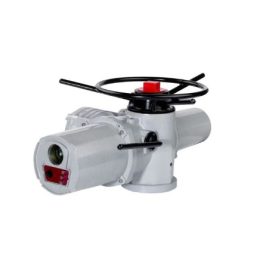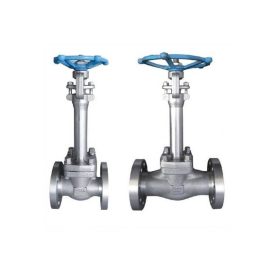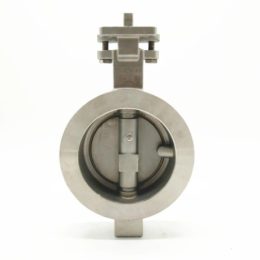Types of Multi-Port Ball Valves for Fluid Control in Various Industries
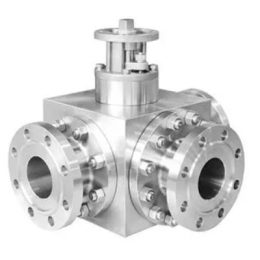
Multi-port ball valves are a popular choice for controlling the flow of fluids in various industries. These valves are available in different configurations and materials, which makes them a versatile option for many applications. In this article, we will discuss the different types of multi-port ball valves, their functions, and features.
Types of Multi-Port Ball Valves
Multi-port ball valves come in three-way, four-way, or five-way configurations, and each type has different functions and features. These valves can be made of different materials such as stainless steel, carbon steel, or brass. The most common applications of multi-port ball valves include water treatment, chemical processing, mining, aquariums, and bleach plants.
Three-way multi-port ball valves are designed to divert flow in two directions, while four-way and five-way valves can divert flow in three and four directions, respectively. These valves are designed to replace several 2-way valves in a piping system, making them an efficient and cost-effective option. Multi-port ball valves can be manifold or tandem mounted, which means that they can be installed in various configurations to suit specific requirements.
How Does a Multi-Port Ball Valve Work?
Multi-port ball valves work by using a rotating ball to control the flow of fluids. The ball is connected to a shaft, and when it is perpendicular to the flow, the valve is closed. When it is parallel to the flow, the valve is open. Multi-port ball valves have multiple ports that allow and restrict the flow, and turning the handle in the right direction can start, stop, divert, and mix the flow.
The materials used to make multi-port ball valves are an essential consideration when choosing the right valve for your needs. Brass is a popular choice because it is tough, resistant to high temperatures and pressures, and inert to most chemicals. Copper in the alloy inhibits the growth of microbes, but the chloride ions strip the zinc from the alloy, reducing the strength of the material.
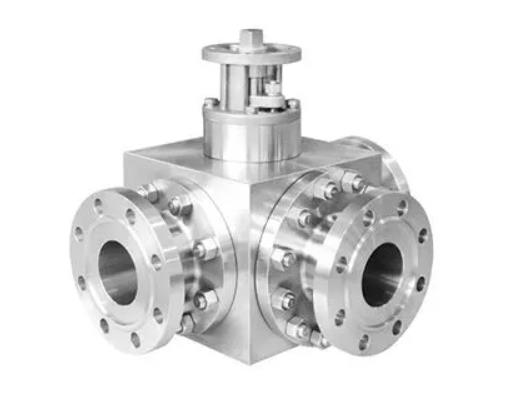
Advantages of Multi-Port Ball Valves
Multi-port ball valves offer several advantages over other types of valves. They are designed to replace several 2-way valves, making them more cost-effective and efficient. They are versatile and can be configured for different applications, making them an ideal choice for applications where you want to mix and divert fluids. Additionally, multi-port ball valves have a low-pressure drop, which means that they are less likely to clog or fail.
Conclusion
In conclusion, multi-port ball valves are a versatile and efficient option for controlling the flow of fluids in various industries. They come in different configurations and materials, making them suitable for different applications. These valves offer several advantages over other types of valves, including cost-effectiveness, versatility, and low-pressure drop. When choosing a multi-port ball valve, it is essential to consider the materials used to make it and the specific requirements of your application.
